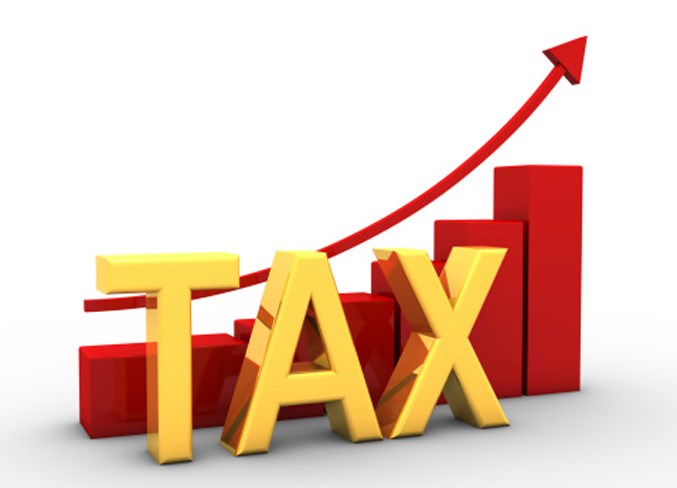Frustrated with the continued inconsistencies in how commercial properties are assessed, business owners Bernie Dombowsky and Kristy Van Slyck plan to hold two events to shed light on the inequitable situation.
Entitled “The ROAD to Re-establish Fairness for Property Tax Assessments,” the open houses occur Tuesday, Nov. 29 and Wednesday, Nov. 30, at the Cosmo Senior Citizen’s Centre on 235 Third Avenue Northeast.
ROAD stands for “restore our assessors’ department.”
Each day from 2 to 4 p.m., residents concerned about businesses’ well-being and who want to restore equity and fairness can speak with Dombowsky and Van Slyck and pick up window signs to show support for the business community.
A come-and-go supper with live music occurs from 5 to 6:30 p.m. each day. Residents can eat, see displays, acquire information packets, and pick up window signs.
Tickets cost $25 for adults, $12.50 for kids under age 12 and free for children under six.
If people cannot attend the afternoon open houses, they can attend from 7 to 9 p.m. There will be family activities such as face painting and balloons, along with more displays and informal presentations.
For more information, visit www.mjpaw.ca. PAW stands for “property assessment watchdog.”
“Our city needs to restore fairness and re-establish its own assessment department,” Dombowsky said.
The City of Moose Jaw replaced its internal property assessors — municipal employees — in 2006 with private contractor Saskatchewan Assessment Management Agency (SAMA), he explained. Since then, huge property tax increases have been crushing small businesses because of SAMA’s assessment decisions.
Before 2021, SAMA applied one market capitalization rate to all Moose Jaw businesses regardless of category. After 2021, there were 21 business categories and 14 cap rates; certain businesses benefitted from a higher cap rate while others suffered because a lower cap rate increased their property values and taxes.
For example, the annual property taxes on a small retail shop on Main Street in 2020 were $6,422. However, after SAMA changed its assessment process, that business’ taxes doubled to $12,948 a year.
Meanwhile, a nearby larger investment broker’s annual property taxes in 2020 were $11,613, but a year later, its taxes decreased by half to $5,806 yearly.
The situation facing Dombowsky came to a head this year after he appealed the property assessment decision on his business, Charlotte’s Catering. He successfully appealed through the local Board of Revision but felt he was “tricked” by the chairman of the Saskatchewan Municipal Board into abandoning his claim at the provincial level.
The chairman informed Dombowsky that SAMA said he was not allowed to present new evidence for his claims and wondered if he would withdraw his appeal; he agreed. But, in a ruling six weeks later, the SMB said he could present new evidence. Since he had withdrawn his claim, he lost the appeal.
“Since I did not know the process, I assumed I had to withdraw my evidence,” he said. “I just felt it was so unfair.”
This prompted Dombowsky to put a “For Sale” sign on his business — the building was for sale, not the business — while he almost experienced a nervous breakdown because of how overwhelmed he was by the appeal and because he reached a low point while attempting to fight for fairness. Someone called the 811 Healthline for him and counsellors paid a visit.
“It is ridiculous,” said Van Slyck.
That example shows how stressful it is for business owners to appeal knowing they can’t win, while most people experience a crisis at some point in their lives when faced with major challenges, said Dombowsky. It’s also a hopeless feeling to be a business owner under attack.
“It is an attack on our freedom to own and operate a business ... ,” he added. "If fairness can be restored to the assessment process, (Charlotte's Catering would) gladly stay in Moose Jaw."
While Dombowsky is concerned about the current assessment process, he thought the two-day open house would be a fun experience.




